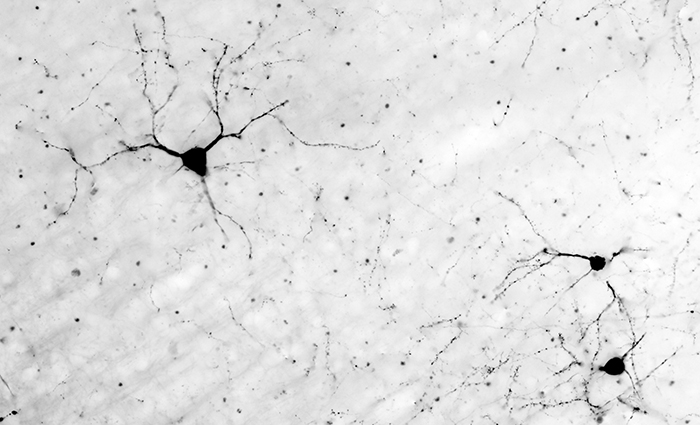
Malcolm Jeeves on the Unsettled Verdict on Mind and Brain
"Squaring Christianity & Neuroscience" at The Table blog by the Biola University Center for Christian Thought (March 14, 2014).On the relation between mind and brain we should note the varied views of Nobel Prize winners. The easy approach would be to say that all mental activity will ultimately be reduced down to brain activity. Some like Francis Crick, arguably the greatest biologist of the twentieth century, seemed to take that view. However, at times, even he backed off a bit, realizing that it meant that his own brilliant discoveries would become nothing more than the chattering of neurons. Other Nobel laureates who have studied brain processes have taken different views. Sir John Eccles had no doubt that the primary reality is consciousness and everything else derives from that. A more recent laureate, Gerald Edelman, argued that consciousness is “efficacious,” and is not an epiphenomenon. Yet another laureate, Roger Sperry argued very strongly for a model that he thought best fits the evidence, and that was to put full weight on the topdown effect as well as on the traditional upward microdeterminism, which is happening at the level of neurons and of the atoms and molecules of which the neurons are composed. Sir Roger Penrose, an Oxford mathematician, had no doubt that consciousness is a phenomenon through which the universe’s very existence is made known. In a word, it is stupid to pretend that consciousness and mental life are unimportant.